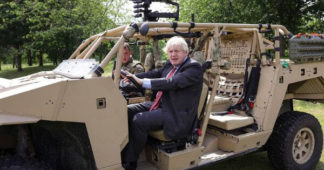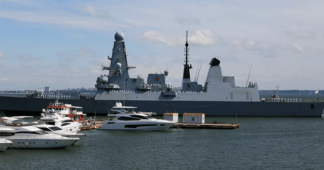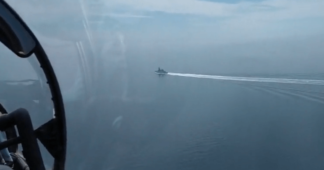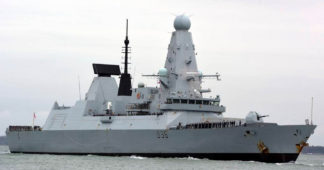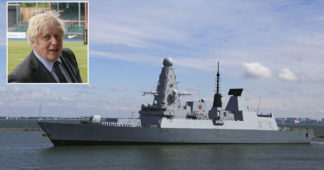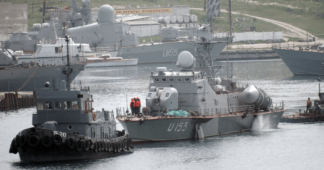By
In the months before the first Gulf War in 1991 my late friend Christopher Hitchens took part in a television encounter in which he demolished the actor Charlton Heston who strongly supported the bombing of Iraq. Hitchens asked Heston to name the countries clockwise starting from Kuwait which shared a common border with Iraq. “Kuwait, Bahrain, Turkey, Russia, Iran,” responded Heston, a list which must have come as a big surprise to the Russians and Bahrainis.
“If you are going to bomb a country you might at least pay it the compliment of finding out where it is,” replied Hitchens, as he delivered the knockout blow. Heston angrily but vainly tried to defend his credibility by saying that he had been insulted which provoked a final jibe from Hitchens who told him “to keep his hairpiece on.”
The exchange elicited much mockery of Heston at the time, but I recalled it this week as politicians, retired military officers and assorted pundits debated the despatch of a modern Type-45 British destroyer, HMS Defender, to sail close to the coast of Crimea. The purpose was to demonstrate that Britain does not recognise the Russian annexation of the Crimean Peninsula in 2014. I wondered how many of the supposed experts endorsing the British action could pass what might be called the “Heston test” and name the countries bordering the Black Sea.
It is scarcely surprising that the Russians found the voyage of HMS Defender as intentionally provocative since it had sailed 6,000 miles from Britain before making a further voyage from Odessa to Georgia. The fact that it had journalists on board suggests that the British government was keen for the world to learn all about Britain’s new “forward-leaning” military posture.
Continue reading at uk.news.yahoo.com
